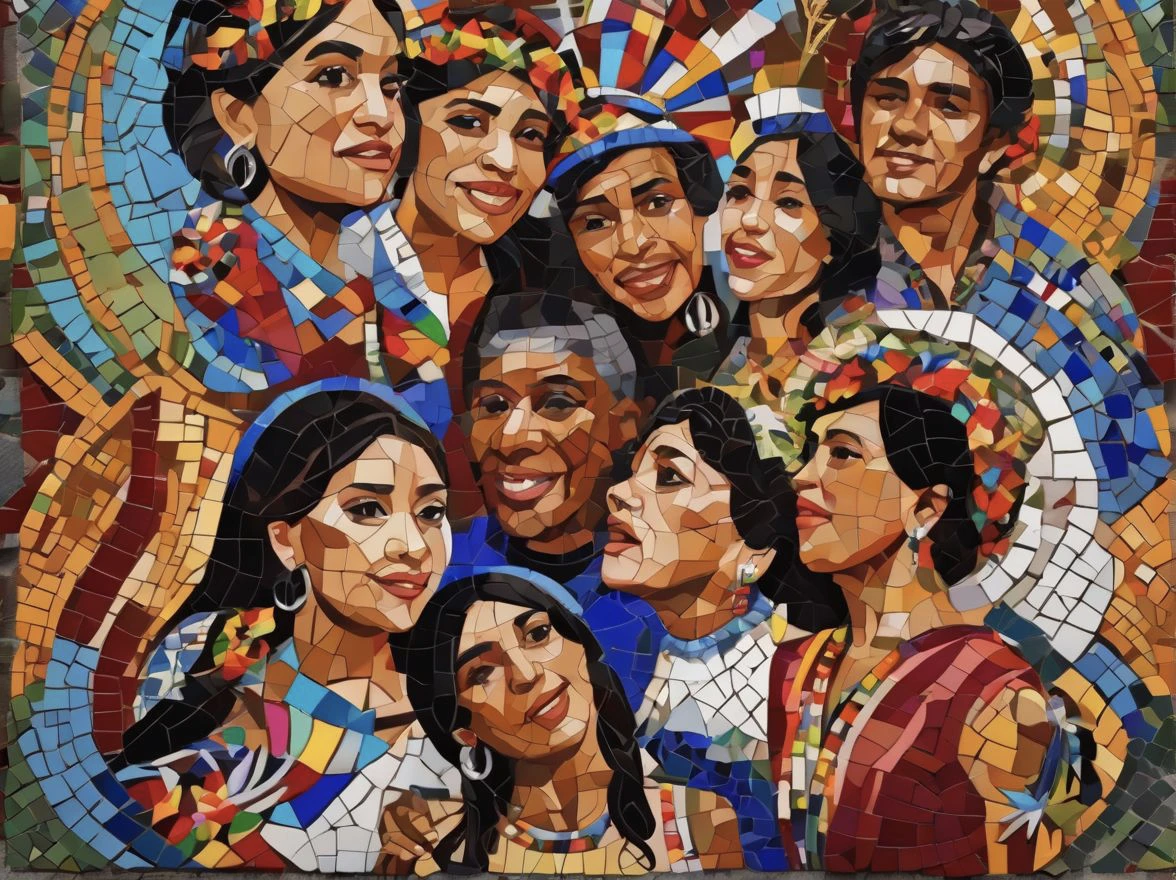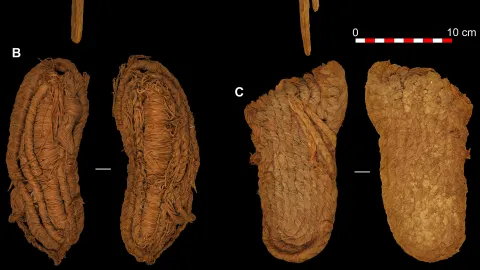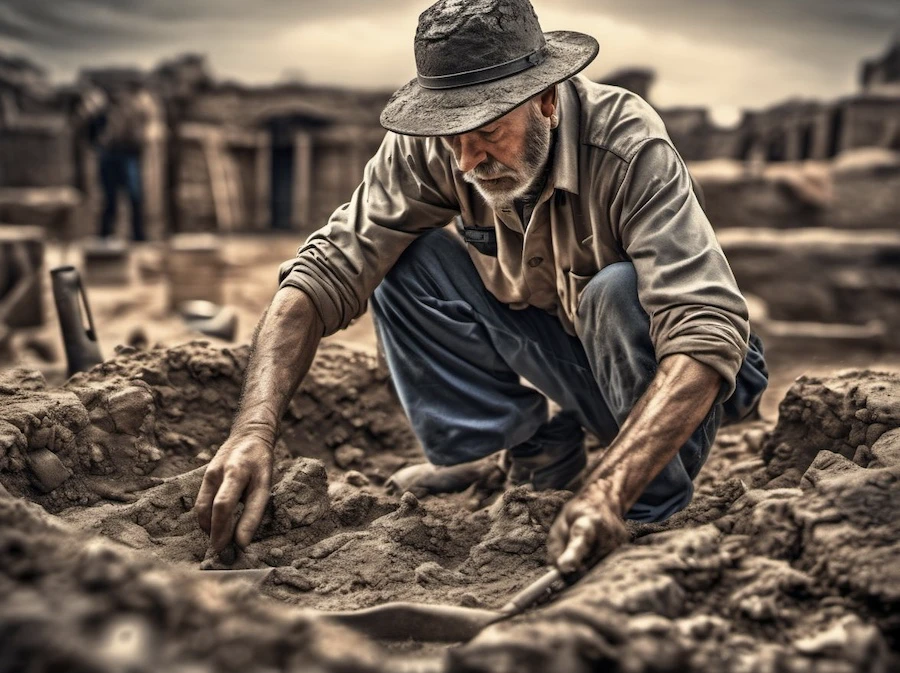September 15, 2023- 3RD OF 3
Hispanic Heritage Month: Recognizing Contributions and Embracing Diversity
Every year, from September 15th to October 15th, the United States comes alive with vibrant celebrations, cultural festivals, and educational programs as the nation commemorates Hispanic Heritage Month. This month-long observance is a time to honor the rich history, culture, and contributions of Hispanic and Latino Americans. But how did this annual celebration come into existence, and why is it so significant? Let's take a closer look at the history of Hispanic Heritage Month and its continuing relevance.
Origins of Hispanic Heritage Month
The roots of Hispanic Heritage Month can be traced back to the early 1960s when Hispanic activists and organizations began advocating for the recognition of Hispanic contributions and culture. The idea initially took shape as Hispanic Heritage Week in 1968 under the leadership of President Lyndon B. Johnson. The timing was not arbitrary; it coincided with the anniversaries of independence for several Latin American countries, including Costa Rica, El Salvador, Guatemala, Honduras, and Nicaragua, all of which declared their independence on September 15. Mexico followed on September 16, and Chile on September 18. The goal was clear: to promote awareness and appreciation of Hispanic culture and history within the United States.
Expansion to a Month
In 1988, President Ronald Reagan took a significant step by signing Public Law 100-402, officially extending Hispanic Heritage Week to a month-long celebration. This expansion allowed for a deeper and more comprehensive exploration of Hispanic and Latino culture, history, and contributions.
Celebration and Education
During Hispanic Heritage Month, the United States comes alive with a myriad of events and activities. Communities across the country organize cultural festivals, educational programs, and exhibitions that showcase the diverse heritage of Hispanic and Latino Americans. Schools, colleges, and universities often incorporate Hispanic history and culture into their curricula during this time, ensuring that students of all backgrounds gain a deeper understanding of this vibrant culture. Media outlets and organizations contribute by highlighting the achievements of Hispanic and Latino Americans in various fields, including art, music, literature, science, politics, and sports.
The Significance of Hispanic Heritage Month
Hispanic Heritage Month is more than just a series of events and festivals; it is a time for Hispanic and Latino communities to celebrate their heritage, traditions, and achievements. It provides an opportunity for all Americans to learn about the rich and diverse culture, history, and contributions of Hispanic and Latino Americans who have left an indelible mark on the nation. It promotes understanding, unity, and appreciation of the cultural tapestry that makes up the United States.
Ongoing Relevance
As the Hispanic and Latino population in the United States continues to grow, the significance of Hispanic Heritage Month becomes ever more profound. It is a reminder of the integral role that this community plays in the nation's social, economic, and cultural fabric. The celebration has evolved into an annual tradition that transcends generations and backgrounds, fostering a sense of unity and pride among all Americans.
Hispanic Heritage Month is a time for reflection, appreciation, and celebration. It is a testament to the enduring legacy of Hispanic and Latino Americans who have made significant contributions to the United States in countless ways. As we commemorate this month, let us remember that our nation's strength lies in its diversity and the unique cultural tapestry that weaves us all together. Hispanic Heritage Month is not just a celebration; it is a tribute to the vibrant, diverse, and enduring spirit of America.


















































.webp)
.webp)













































